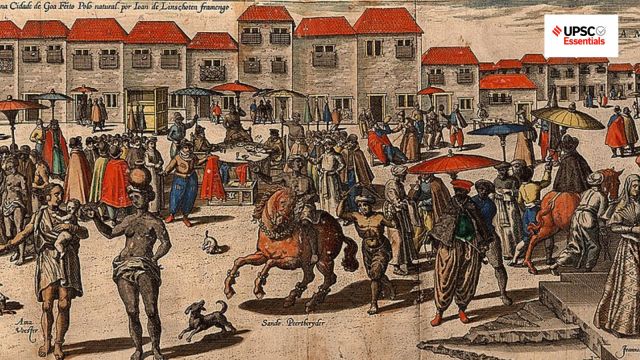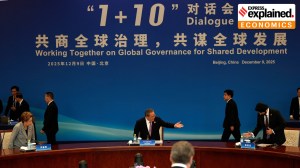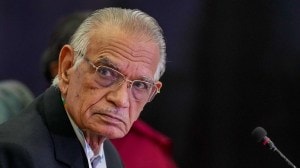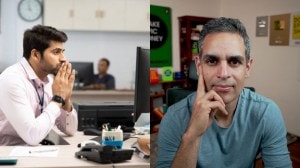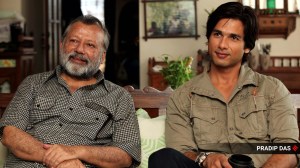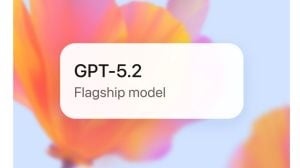
1. Among the Portuguese possessions in India was the island of Nicobar until it was given as Catherine de Braganza’s dowry to Charles II of England in 1661.
2. Alfonso de Albuquerque realised that a permanent base in Goa, then under the Vijaynagar Empire, would be very helpful to the Portuguese ambition of controlling maritime trade routes of the East.
3. Portuguese were the last European colonial power to leave India.
Which of the statements given above is/are correct?
(a) 1 and 3 only
(b) 2 only
(c) 3 only
(d) 2 and 3 only
Explanation:
— November 25 marks the day the Portuguese conquered Goa, becoming the first Europeans to own territory in India. Goa would remain with the Portuguese for the next 400 years, making them the last European colonial power to leave India, in 1961. Hence, statement 3 is correct.
— Among the Portuguese possessions in India was the island of Bom Bahia — later Bombay and today’s Mumbai — until it was given as Catherine de Braganza’s dowry to Charles II of England in 1661. Hence, statement 1 is not correct.
Story continues below this ad
— Albuquerque, who had come to succeed Almeida, had been asked to conquer the ports of Hormuz, Aden, and Malacca by his King. However, he realised that a permanent base in Goa, then under the Sultan of Bijapur, would be very helpful to the Portuguese ambition of controlling maritime trade routes of the East. Hence, statement 2 is not correct.
Therefore, (c) is correct answer.
Question 2
Timoji or Timmayya in colonial history of India is associated with:
(a) French colonial empire
(b) British colonial empire
(c) Danish colonial empire
(d) None of the above
Explanation:
— Albuquerque (Portuguese), who had come to succeed Almeida, had been asked to conquer the ports of Hormuz, Aden, and Malacca by his King. However, he realised that a permanent base in Goa, then under the Sultan of Bijapur, would be very helpful to the Portuguese ambition of controlling maritime trade routes of the East.
— Albuquerque’s decision of conquering Goa also came on the advice of one Timoji or Timmayya, on whose motivations as well as identity some debate exists. What is known, however, is that Timmayya and his men fought alongside Albuquerque.
Story continues below this ad
— In many accounts, Timmayya is described as a Malabari pirate. However, others say he was of aristocratic descent.
Therefore, (d) is the correct answer.
Question 3
“Palestine belongs to the Arabs in the same sense that England belongs to the English, or France to the French.” Which historical personality wrote these famous lines in an article titled ‘The Jews’?
(a) Mahatma Gandhi
(b) Albert Einstein
(c) Jawaharlal Nehru
(d) Hermann Kallenbach
Explanation:
— “Palestine belongs to the Arabs in the same sense that England belongs to the English, or France to the French,” Mahatma Gandhi wrote in an article titled “The Jews” in Harijan in 1938. This is Gandhi’s most-quoted line on the subject.
Therefore, (a) is the correct answer.
Question 4
Consider the following statements with reference to sports in Indian history:
Story continues below this ad
1. The original name for chess, which was originally invented in ancient India, was Chaugan.
2. Qutb-ud-din Aibak, the first Sultan of Delhi, died in Lahore in 1210 CE while playing Chaturang.
Which of the above given statements are correct?
(a) 1 only
(b) 2 only
(c) Both 1 and 2
(d) Neither 1 nor 2
Explanation:
— Incidentally, the original name for chess, which was originally invented in ancient India, was Chaturang, from the Chaturang Bal. It is quaint to think that the pieces of chess even today follow this system of fourfold force, with the 8 pawns as the foot soldiers, the 2 knights the horsemen, the 2 bishops denoting the elephants, and the 2 rooks signifying the Indian chariots. Indeed, the word rook itself is derived from the Sanskrit word for chariot, the rath. Hence, statement 2 is not correct.
— In India, polo dates back to the Mughal era, known as Chaugan during that time. Qutb-ud-din Aibak, the first Sultan of Delhi, died in Lahore in 1210 CE after falling from his horse during a polo match. Polo in India also has historical records in Kashmir, Leh, and Manipur. Legend credits Raja Nongda Lairen Pakhangba with introducing polo, locally called Sagol Kangjei, in Manipur around 33 AD. Hence, statement 2 is not correct. Hence, statement 2 is not correct.
Therefore, (d) is the correct answer.
Story continues below this ad
Question 5
Government of India’s portal ‘e-utthaan’ caters to the development action plan of:
(a) Street vendors
(b) Unemployed youth
(c) Schedule Castes
(d) Particularly Vulnerable Tribal Groups
Explanation:
According to e-utthaan.gov.in,
“The government is committed to the upliftment and development of all the weaker sections of society, particularly the scheduled castes. As part of the socioeconomic and financial inclusion strategy of the Government to ensure that all segments of the society, particularly the Scheduled castes, are benefited. The Government allocates funds across Ministries/Departments for different schemes where targeted financial and physical benefits can accrue to the Scheduled Castes.”
Therefore, (c) is the correct answer.
Previous Daily Subject-Wise-Quiz
Daily Subject-wise quiz — History, Culture, and Social Issues (Week 88)
Daily subject-wise quiz — Polity and Governance (Week 88)
Daily subject-wise quiz — Science and Technology (Week 88)
Daily subject-wise quiz — Environment and Geography (Week 88)
Daily subject-wise quiz — Economy (Week 88)
Daily subject-wise quiz – International Relations (Week 87)
Subscribe to our UPSC newsletter and stay updated with the news cues from the past week.
Story continues below this ad
Stay updated with the latest UPSC articles by joining our Telegram channel – IndianExpress UPSC Hub, and follow us on Instagram and X.

